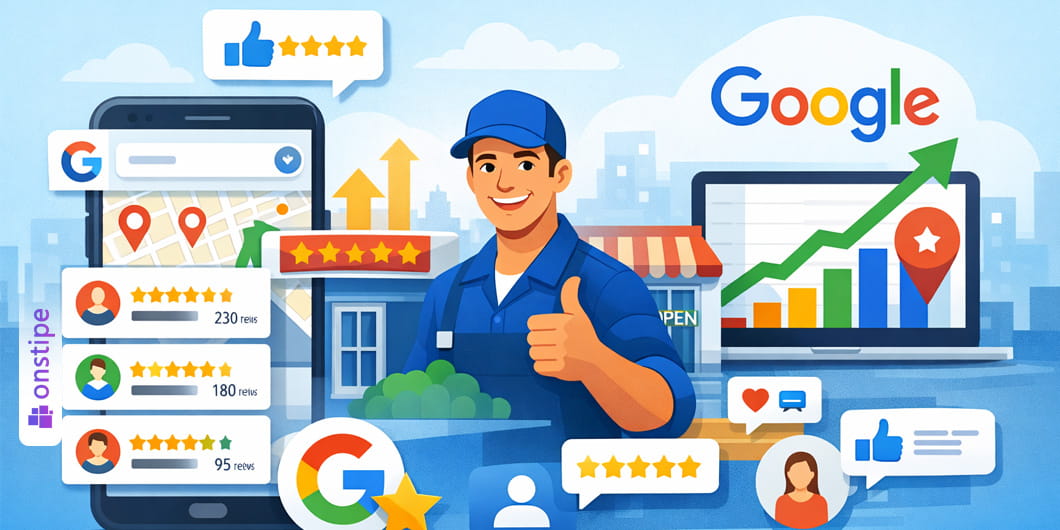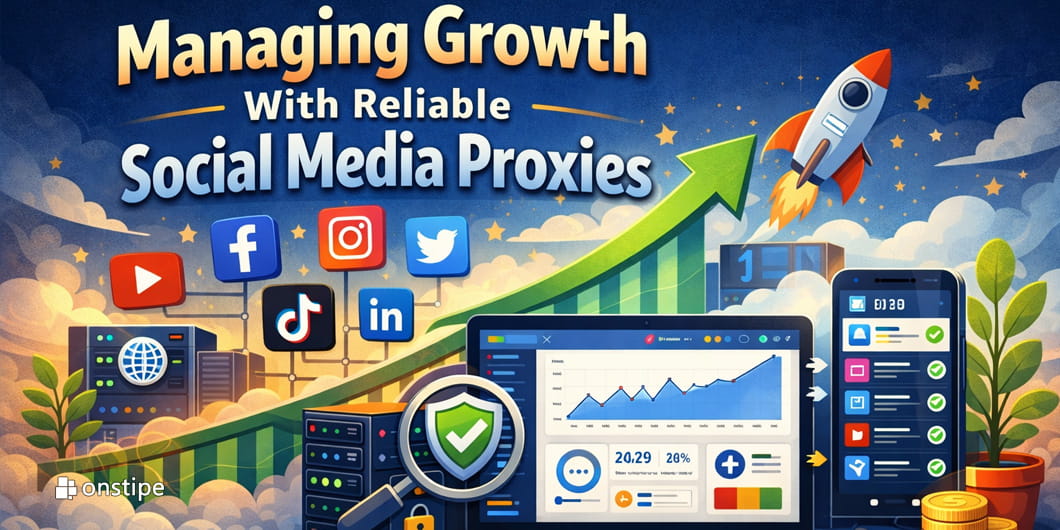Writing helpful and interesting content is a great starting point for building your WordPress site. It can bring in readers, build trust, and show your expertise. But here’s the truth: content alone isn’t enough to help your site grow the way you want it to.
If your goal is to rank higher in search results, increase traffic, and convert visitors into paying customers or loyal readers, you need a stronger plan. This includes a combination of solid SEO, high-quality backlinks, and a well-maintained website that gives visitors a smooth experience.
In this blog, we’ll go over why a good mix of content, SEO, and site health is the secret to growing your WordPress site effectively.
Good Content Is Only Part
There’s no doubt that well-written content plays a big role in attracting people to your site. It keeps them interested and gives them a reason to come back. But even if your content is better than your competitors, it might still not perform well online.
Why? Because search engines don’t rank websites based only on how well they’re written.
1. Search Engines Use Multiple Ranking Factors
Google looks at more than just your blog posts. It checks how fast your site loads, how easy it is to use on a mobile phone, how many relevant links you have, and how users interact with your site. These things help search engines understand if your site is worth showing to others.
2. Content Without SEO Is Like a Book With No Cover
You could write the most helpful guide in your niche, but if no one can find it, it won’t help your business. SEO gives your content visibility. Without SEO, it’s hard to compete, especially in saturated markets where many others are writing about the same topics.
3. Keywords Matter, But So Does How You Use Them
Just throwing keywords into your content isn’t enough. You need to use them naturally in titles, headers, meta descriptions, and even your URLs. You also need to understand user intent—what people are looking for when they type those keywords into Google.
In short, your content must be optimized, not just well-written.
How Backlinks Help Your Site Gain Trust and Authority
Backlinks are links from other websites that lead to your site. They act like votes of confidence. When trusted sites link to yours, Google sees it as a sign that your content is valuable.
Here’s why backlinks are so powerful for your WordPress site:
1. They Boost Your Domain Authority
The more high-quality links your site has, the more likely it is to rank well in search results. Google treats backlinks from trusted sites as a signal that your website is also trustworthy. Since Google relies on various signals to estimate sites, metrics offered by a domain rating checker can help you understand how strong a particular website appears before linking to it.
2. They Help You Compete in Tough Niches
Let’s say you’re writing about digital marketing or health topics with tons of competition. Without backlinks, your blog may struggle to rank on the first few pages of Google. But with strong links from relevant sites, your content has a much better chance. You can also take help from professionals if you don’t know about building backlinks.
For example, those who get help from experienced providers like Outreach Monks – Trusted backlinks agency often see a significant boost in their site’s authority and search engine visibility.
3. They Speed Up Indexing
If your blog is new, it can take time for search engines to notice your posts. Backlinks from sites that Google crawls often can help your new content show up in search results more quickly.
4. They Bring in Referral Traffic
Backlinks don’t just help with SEO. If someone clicks on a link to your site from another website, that’s direct traffic. And if they find your content helpful, they might stay longer, sign up for your newsletter, or even make a purchase.
Trusted by brands and professionals.
Try Onstipe! Collect, manage and display social media feeds anywhere.
Don’t Underestimate the Power of Social Media
Publishing good content on your WordPress site is just one part of the puzzle. To reach more people, you also need to share that content where your audience is already active, and that’s social media.
Whether it’s LinkedIn, Instagram, Twitter, or Facebook, social media platforms help you connect directly with your audience and bring more eyes to your site.
Here’s why it matters:
- Drives More Traffic: Sharing your posts regularly can lead readers back to your blog. You never know which post might get picked up and reshared.
- Builds Trust and Engagement: When people see that you’re consistently active, sharing valuable tips, and interacting with followers, it helps build credibility.
- Great for Repurposing Content: One blog post can turn into several smaller pieces of content, like short quotes, carousel posts, or even videos. This gives you more chances to stay in front of your audience without creating new content from scratch.
- Helps You Stay Relevant: Trends change fast. Social platforms let you join conversations in real-time and keep your brand active outside of search engines.
If you’re not confident about managing this yourself, you can always seek help from professionals who understand how to combine content marketing with social media growth. It’s all about working smarter, not just harder.
The Hidden Power of Technical SEO
Technical SEO might sound a little intimidating, especially if you’re not into coding. But it’s simply about making sure your site is easy to use, fast, and error-free.
Let’s look at some important technical SEO elements and why they matter:
1. Site Speed
Nobody likes waiting for a slow page to load. If your site takes too long, visitors might leave before they even see your content. Tools like Google PageSpeed Insights or GTmetrix can help you check your loading times. Try compressing images, reducing unnecessary plugins, and using a good hosting provider. You can also test how your site appears and performs across different devices using the QuirkTools Screenfly emulator.
2. Mobile Optimization
More than half of internet users browse on their phones. If your site looks weird or works poorly on mobile, people will click away fast. Choose a responsive WordPress theme and always preview your site on both desktop and mobile.
3. Broken Links and Crawl Errors
Broken links not only frustrate users but also affect your SEO. Use free tools like Screaming Frog or Ahrefs to find and fix broken links and errors. Also, submit your sitemap to Google Search Console to help search engines understand your site’s structure.
4. Secure Your Site with HTTPS
Security is important for SEO and trust. Having an SSL certificate (which gives your site that “https” at the beginning) protects data and makes visitors feel safe. Google also gives a small ranking boost to secure websites.
Even simple technical updates can go a long way in helping your WordPress site perform better.
How User Experience (UX) Affects Your Site
Ever been on a website that’s hard to navigate, has too many pop-ups, or loads poorly on your phone? Chances are, you didn’t stay long. That’s exactly why user experience is just as important as content or SEO.
1. Keep Visitors on Your Site
The longer people stay, the more likely they are to take action, like signing up, reading more posts, or buying something. A good layout, clear menus, and helpful links keep people engaged.
2. Make Your Design Simple and Clear
Choose clean fonts, proper spacing, and a layout that’s easy on the eyes. Add images or graphics where needed, but don’t overload your pages. Simplicity helps build trust and improves navigation.
3. Use Internal Links
Linking to your own articles keeps readers moving through your site and helps search engines understand how your pages are connected. This also boosts SEO and keeps people engaged.
4. Focus on Mobile
Test your site on different screen sizes. Use touch-friendly buttons, readable font sizes, and layouts that adjust automatically to smaller devices. A website that’s easy to use and pleasant to browse will always do better than one that’s confusing or slow.
Final Thoughts
Creating high-quality content for your WordPress site is essential, but it’s not the only thing that matters. To stand out online, you also need strong backlinks to build trust and authority, and a great user experience to keep visitors engaged.
When all these elements work together, your site is more likely to appear in search results, attract more traffic, and grow your brand. So don’t just focus on writing; take time to improve your site’s health and build quality connections. These efforts will pay off in the long run.







